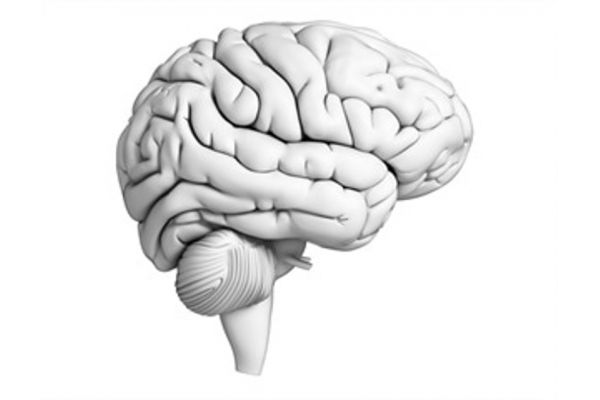Proper nutrition could boost recovery from traumatic brain injury
April 25, 2023
Source: drugdu
 397
397

In the first few days after a traumatic brain injury (TBI), food is often an afterthought as clinicians focus on minimizing the damage to the brain. However, a new study suggests that getting enough calories can help boost the brain's healing process, making nutrition an important consideration for improving TBI care. Researchers will present their work this week at the American Physiology Summit, the flagship annual meeting of the American Physiological Society (APS), in Long Beach, California.
"This evidence highlights the importance of ensuring proper nutrition for TBI patients during recovery. Specifically, formulations containing fuels that are preferred by the brain, such as lactate, should be prioritized during the acute and chronic phases of recovery from TBI."
Casey C. Curl, Doctoral Candidate, Exercise Physiology Laboratory, University of California, Berkeley
When a person comes to the hospital with a traumatic brain injury, many patients go for several days without eating or even receiving nutrition through a tube or intravenous line. Even then, the tools clinicians use to calculate a patient's nutritional needs are not designed for the unique circumstances of a brain injury, and recent studies suggest that most TBI patients get far fewer calories than they need.
Key to the research is a new biomarker the team developed to assess nutritional status. While it is possible to measure the amount of calories a person consumes, measuring whether the amount of calories provided to the patient to meet their energy needs is more complex. To fill this gap, the researchers created a way to measure the amount of glucose produced internally as the body processes energy inputs. This metric, called fractional gluconeogenesis, ranges from zero (fully fed) to 100% (drastically underfed).
For the study, researchers tracked how nutritional status affects fractional gluconeogenesis and protein synthesis in a rat model of TBI. They used deuterium oxide, also known as heavy water, as a tracer to assess fractional gluconeogenesis and protein synthesis in different parts of the brain and body. By comparing these dynamics in rats with different levels of caloric intake, they were able to gain insights into how nutrition affects brain healing processes.
"Our study found that after TBI, the brain responds abnormally by increasing protein synthesis in the higher brain region while decreasing it in the lower regions," said Curl.
Previous studies have shown that being underfed leads to reduced protein synthesis in skeletal muscle and liver cells. The new findings suggest a similar thing happens in the brain. "Understanding this decrease in protein turnover during the brain healing process is crucial because a caloric deficit may affect the patient's ability to heal from their injury," said Curl.
The findings suggest that providing adequate nutrition in the aftermath of a traumatic brain injury can help the brain manufacture the proteins it needs for the healing process, without having to prioritize certain brain regions over others.
In addition to feeding patients sooner as part of routine practice, Curl noted that clinicians could use fractional gluconeogenesis as a practical metric to assess whether patients are getting enough calories during TBI treatment and recovery.
This research was funded by a grant from the PAC-12 conference.
Reference:
By editorRead more on
- Gan & Lee Pharmaceuticals’ new PROTAC drug GLR2037 tablets have been approved for clinical trials to enter the field of prostate cancer treatment March 3, 2026
- AideaPharmaceuticals plans to raise no more than 1.277 billion yuan through a private placement to focus on the global clinical development of innovative HIV drugs March 3, 2026
- Giant Exits! Its Star Business Acquired March 3, 2026
- Focusing on cardiovascular and cerebrovascular diseases! OpenMediLead Medical Intelligence Dual Engines Launch Internal Testing, Connecting Drug Development and Clinical Diagnosis in a Closed Loop March 3, 2026
- Innovent Biologics Announces Approval of New Indication for BTK Inhibitor “Pitubrutinib” in China March 3, 2026
your submission has already been received.
OK
Subscribe
Please enter a valid Email address!
Submit
The most relevant industry news & insight will be sent to you every two weeks.



